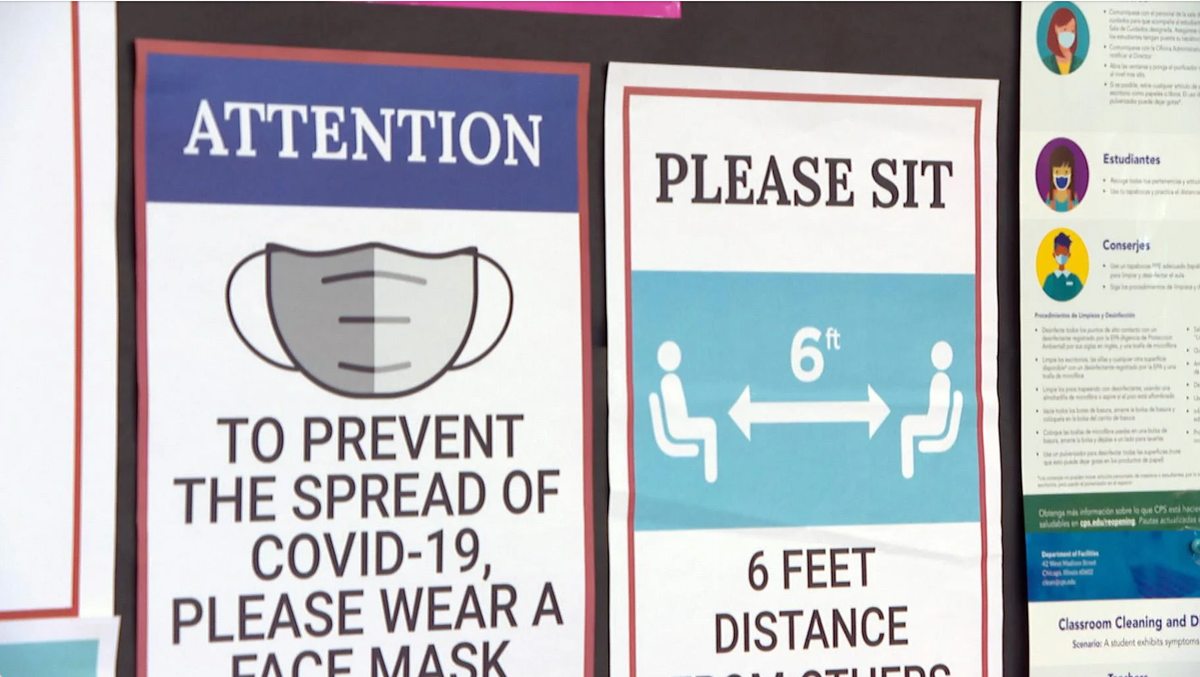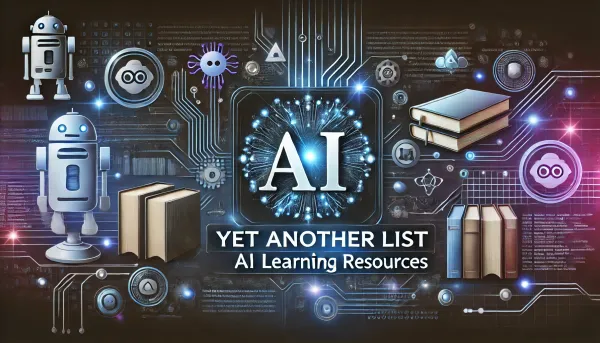My Favorite Articles of Jun-Dec 2021

It's been awhile since I've posted some sort of links post. Maybe this can come back more for 2022?
I read a lot of articles in the past six months. Here I’ve decided on my top ten favorites (in descending order). I present each one, followed by a summary, followed by some commentary on why I liked it.
~
How the experts messed up on Covid - UnHerd [Unherd]: "The “expert view” vs “the misinformation” is a false dichotomy. It can be tempting to offer only certainty in times of crisis — but part of being an expert is knowing when to be uncertain, and being strongly aware of the provisional nature of our knowledge. Trustworthiness doesn’t just come from being right, but from communicating the limits of the evidence, and regularly updating one’s view in light of new data and analysis. Overconfidence from the experts, coupled with a willingness to denigrate and even pathologise those who publicly dissented, might have made it harder for us to change course during the pandemic, costing us precious time that we couldn’t afford. If experts fail to reckon with the inevitable uncertainties of our current times, we risk delaying the next crucial update — or worse, overlooking it altogether."
Reading and understanding “expert failure” on COVID helped me form a much more anti-elitist worldview and dramatically shifted how I view expertise. This article is a good summary of some of the causes of some of these shifts. This may be the biggest worldview shift I had in a few years.
~
Research Debt [Distill.pub]: "Programmers talk about technical debt: there are ways to write software that are faster in the short run but problematic in the long run. [...] Research can also have debt. It comes in several forms: Poor Exposition – Often, there is no good explanation of important ideas and one has to struggle to understand them. [...] Undigested Ideas – Most ideas start off rough and hard to understand. [...] Bad abstractions and notation [...] Noise – [...] Countless papers scream for your attention and there’s no easy way to filter or summarize them. [...] The insidious thing about research debt is that it’s normal. Everyone takes it for granted, and doesn’t realize that things could be different. For example, it’s normal to give very mediocre explanations of research, and people perceive that to be the ceiling of explanation quality. On the rare occasions that truly excellent explanations come along, people see them as one-off miracles rather than a sign that we could systematically be doing better."
This article reminds me of all of the work that goes into just maintaining the knowledge we already have. This work is very underappreciated and needs to be deliberately cultivated - but it isn’t being cultivated adequately right now. Much improvement is available here. The debt framing is also very helpful. This article also plays into my fears of generating knowledge that just gets lost into the void a few years in the future.
~
Gell-Mann Earworms [Cold-takes]: "Most of what you read is some combination of underinformed, biased, and systemtically misleading. The solution to this is to learn about fewer things, more deeply; acknowledge your own ignorance; think about what’s really worth understanding; think a lot about which writers and sources to trust most; separate learning about how things are from learning about how things are discussed from entertainment; reserve judgment."
I think it’s important for me to take what I read less seriously and be more careful about cultivating a diverse set of experts for which to aggregate their views into something potentially approximating the truth.
~
"All Possible Views About Humanity’s Future Are Wild" [Cold-takes]: "[T]his century could determine the entire future of the galaxy for tens of billions of years, or more. This view seems "wild": we should be doing a double take at any view that we live in such a special time. I illustrate this with a timeline of the galaxy. (On a personal level, this "wildness" is probably the single biggest reason I was skeptical for many years of the arguments presented in this series. Such claims about the significance of the times we live in seem "wild" enough to be suspicious.) But I don't think it's really possible to hold a non-"wild" view on this topic."
This article helped me understand more about why the longer-term trajectory of humanity across our current century (2000-2100) will be rather unlike 1900-2000 and is worth taking really seriously.
~
Which of these 6 time traps is eating up all your time? [Ideas.ted]: "The six traps are technology interruptions breaking hours into confetti (seemingly harmless notifications combine to overtake leisure time), focusing too much on money, undervaluing time (and not spending money to buy time), regarding busyness as a status symbol, having an aversion to idleness, and thinking we have more time tomorrow than we actually do."
My time is important and this article helped me become more inclined to spend money to buy time (e.g., via outsourcing chores).
~
Responsible Transparency Consumption [Jefftk]: "When people react negatively to an organization sharing an instance of failure one thing they're doing is putting pressure on the norm that organizations should be sharing this sort of thing. If the norm is very strong, then the pressure is not going to keep people from sharing similar things in the future, and it also means that seeing a failure from this organization but not from others is informative. On the other hand, if the norm is weaker we need to be careful to nourish it, not pushing it harder than it can stand."
This article helped be better understand how to be transparent and act around other people’s transparency, being more lenient as a result.
~
The Lin Wells Memo [Library.rumsfeld]: "By 1980, the Soviets were in Afghanistan, Iran was in the throes of revolution, there was talk of our 'hollow forces' and a 'window of vulnerability,' and the U.S. was the greatest creditor nation the world had ever seen. By 1990, the Soviet Union was within a year of dissolution, American forces in the Desert were on the verge of showing they were anything but hollow, the U.S. had become the greatest debtor nation the world had ever known, and almost no one had heard of the internet. Ten years later, Warsaw was the capital of a NATO nation, asymmetric threats transcended geography, and the parallel revolutions of information, biotechnology, robotics, nanotechnology, and high density energy sources foreshadowed changes almost beyond forecasting. All of which is to say that I'm not sure what 2010 will look like, but I'm sure that it will be very little like we expect, so we should plan accordingly."
It helps to have a reminder of how much can change in a few years and how hard it is to predict more than a year out.
~
Why Are Gamers So Much Better Than Scientists at Catching Fraud? [Atlantic]: "If unpaid Minecraft mods can produce a 29-page mathematical analysis of Dream’s contested run, then scientists and editors can find the time to treat plausible fraud allegations with the seriousness they deserve. If the maintenance of integrity can become such a crucial interest for a community of gaming hobbyists, then it can be the same for a community of professional researchers. And if the speedrunning world can learn lessons from so many cases of cheating, there’s no excuse for scientists who fail to do the same."
This article helped me further realize that incentives matter more than what “should be done” and that if we want to improve the credibility of academia we need to change the incentive structure.
~
Lockdown Effectiveness: Much More Than You Wanted To Know [Astralcodexten.substack]: "Lockdowns exist on a pareto frontier of maximizing lives saved and minimizing economic cost. Many lockdown policies did not land on this frontier and thus could've been pareto improved. Once you have a pareto optimal policy, reasonable people could disagree about the relevant tradeoffs between economic / emotional harm and harm from COVID. It seems that some sort of lockdown policy would be justified."
This article seems way more generalizable than just for COVID lockdowns, but explains policies in terms of trade-offs and pareto frontiers across trade-offs, which is a valuable way of framing things.
~
The high-return activity of raising others’ aspirations [Marginalrevolution]: "At critical moments in time, you can raise the aspirations of other people significantly, especially when they are relatively young, simply by suggesting they do something better or more ambitious than what they might have in mind. It costs you relatively little to do this, but the benefit to them, and to the broader world, may be enormous."
This article made me more inclined to try to identify ways I can identify talented people and help guide them towards more ambitious plans



